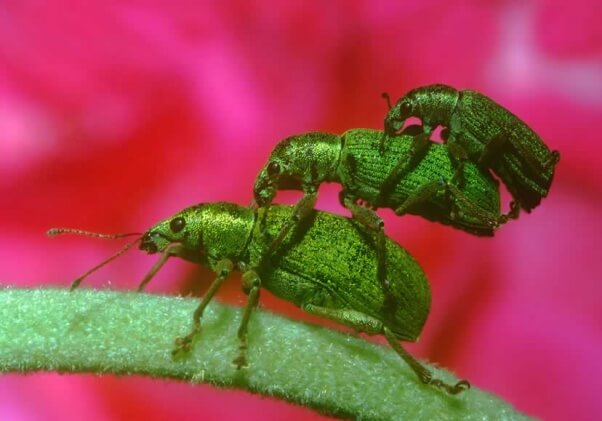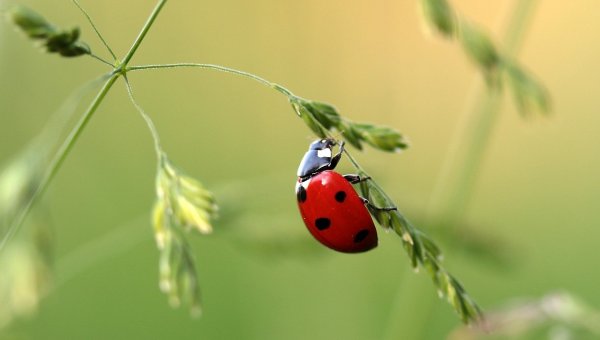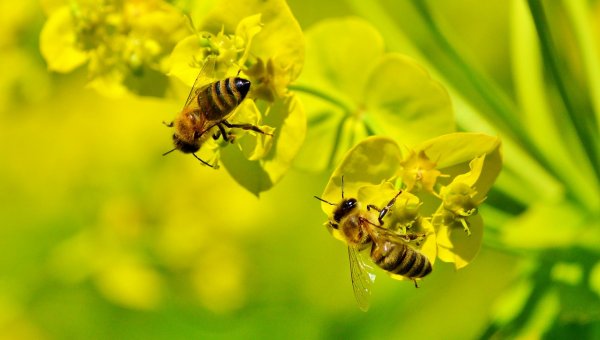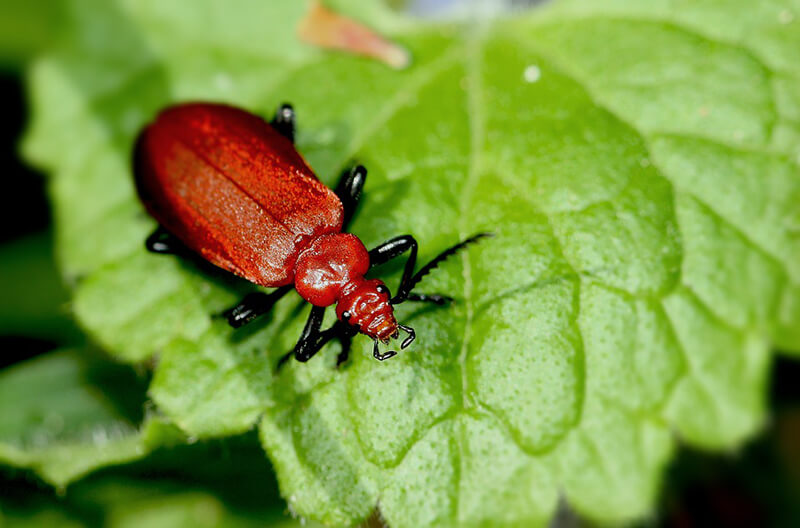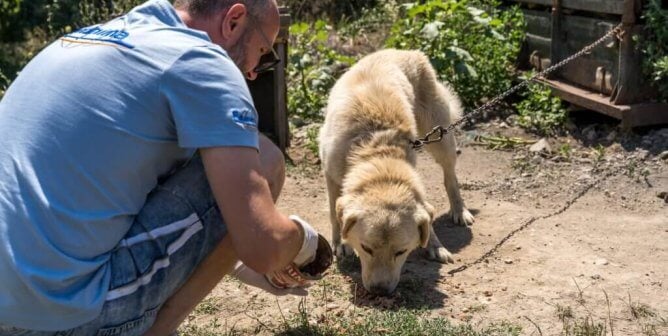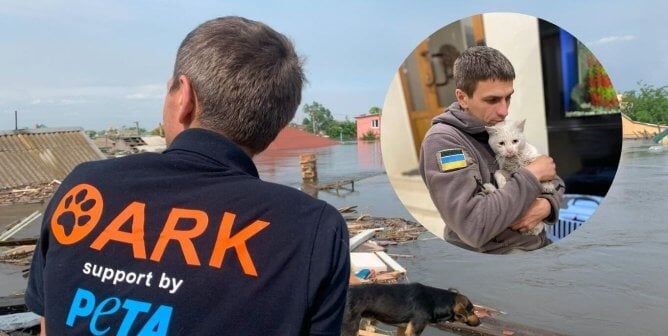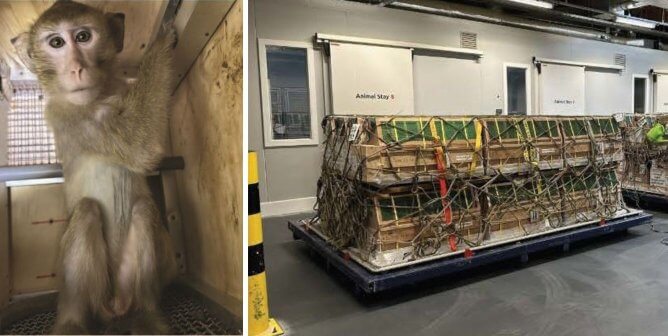Some Insects Are Dying Out Faster Than Polar Bears—We Must Protect Them
Insects are in danger. Researchers have found that some insect populations could decrease by one-third over just a few decades. To put that number in perspective, a third of all polar bears are likely to be dead in 40 years. The insect crisis is just as serious as the polar bear crisis, and scientists are urging the public to act now.
Just like bears and humans, insects want to be free from suffering and pain. Bees are known to work together to save their friends’ lives, and cockroaches are individuals with unique personalities. In the middle of an “insect apocalypse,” we must work together to help them survive.
Follow the tips below to be kind to all kinds of individuals.
6 Tips to Help Our 6-Legged Friends
1. Be an advocate for the smallest among us.
The simplest way to save insects is to advocate for them. It’s important to remember to have empathy for all animals, large and small. Inform your family about bees when you sit down for a meal, as you have pollinators to thank for the vegetables on your plate. Or tell your friends about the love lives of insects, such as how male crickets serenade females with a courtship song. How sweet!
2. Reduce your environmental impact by going vegan.
Two of the biggest threats to insects are habitat loss and the climate crisis. The best way to lower your ecological footprint is to go vegan. Cows raised for food suffer by the millions in massive, filthy outdoor feedlots that are an environmental hazard. The World Bank reported that this practice has fueled up to 91% of deforestation. The easiest way to fight climate change is to go 100% animal-free.
3. Make your yard heaven for insects.
Bees (and a whole family of other pollinators) are one of the most important parts of our food chain. Bees alone add $18 billion to crop production in the U.S, so the least we can do is offer them some food. Since the natural habitats of many insects are being destroyed, yards are increasingly important for the conservation of both plants and animals.
4. Buy native plants for your home and yard.
Adding native plants to your home is a win-win situation. They provide native insects who live in the area with more benefits. Plus, they’re well adapted to local climates and rainfall, so they’re generally easier to take care of than nonnative plants—even if you don’t have a green thumb.
5. Take action for bugs killed for candy.
Insects are already facing “death by a thousand cuts,” says one entomologist. Yet two companies still kill lac bugs to create the hard, shiny shells on their candy. Nearly 100,000 bugs are killed to produce just 1 pound of shellac flakes for Red Hots and Junior Mints. Steer clear of these candies cruelly manufactured by Ferrara and Tootsie Roll Industries, respectively, and learn more about lac bugs at the link below.
6. Buy bug-free sweet treats.
You can find vegan candies at any grocery store or local market. Some of our favorites are Sour Patch Kids, Jolly Rancher Lollipops, and Fruit by the Foot. From chewy candies to gummy treats, there’s something vegan to suit everyone’s fancy. Check out a long list of animal-free snacks at the link below that you may not even know are vegan.
Protect Insects Today and Every Other Day
All insects have a place in our world, whether they’re butterflies or ants. They help humans in countless ways. Bees, moths, beetles, and flies are master pollinators who fertilize crops. Insects also work to clean our air and water and regulate our soil systems. We depend on insects every day, and now they must be able to depend on us. If you’re a compassionate person who wouldn’t hurt a fly, show it with PETA’s humane bug catcher.

